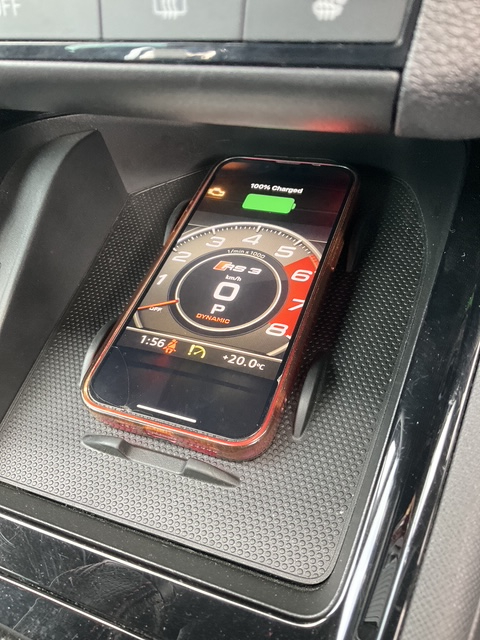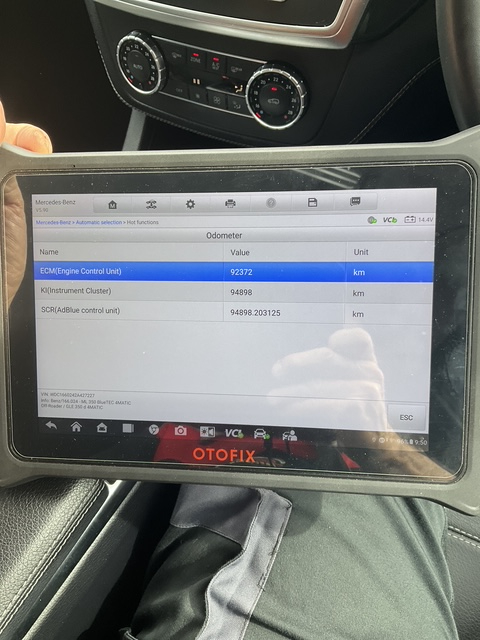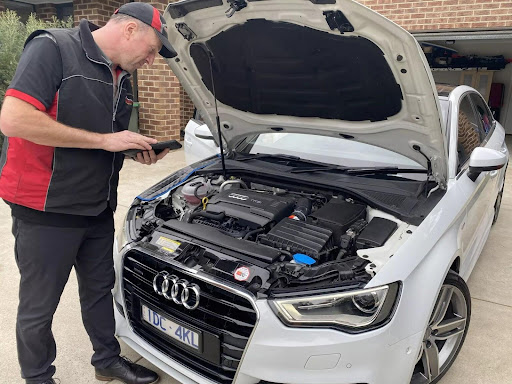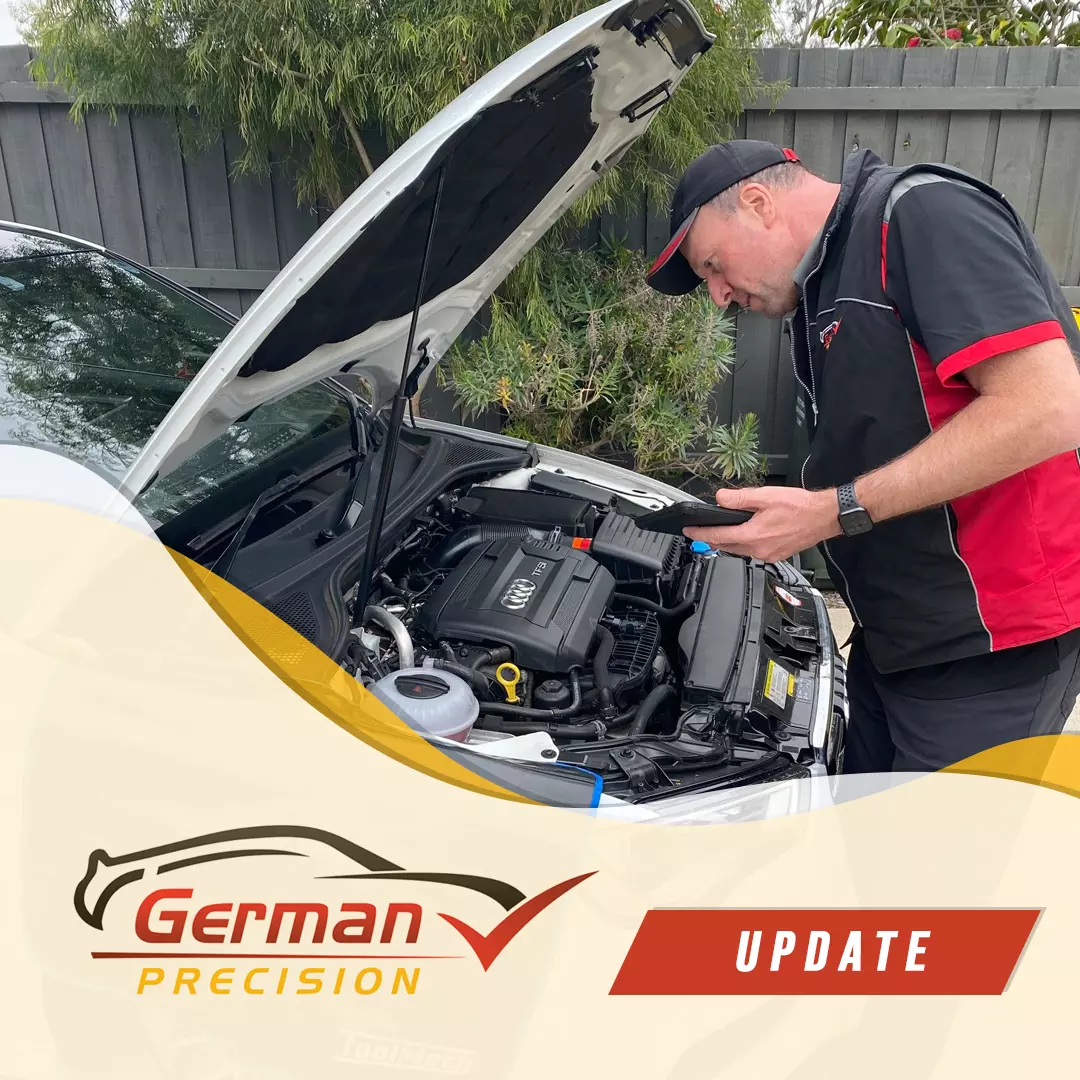Buying a used car is a big commitment. You want to make sure you’re not overpaying for your first car, a family vehicle, or an upgrade. The real difficulty comes from determining if the price is fair for the value you’re getting, not simply finding a car you like
This guide covers the do’s and don’ts when assessing the fair market value of a used car. Learn how to conduct thorough research, use inspection results in your negotiations, avoid common pitfalls, and make more informed decisions.
Read also: Buyers guide for used car in Melbourne
Start with Market Research
Do:
The first step in assessing a car’s value is understanding the market trends for that make and model. Research on sites like Carsales, RedBook, and Autotrader. Look for cars with similar mileage, age, and condition. Check out local dealers and classified ads to get a good sense of the going rate for similar cars in your area.

Make sure you understand the regional pricing. The price of a used car in Melbourne might differ from the same model in Sydney or regional areas due to supply and demand, dealer competition, and local preferences.
Don’t:
Never just accept the asking price listed by the seller. The price they ask is not necessarily what the car is worth, regardless of if you’re dealing with a private seller or a dealer. Use online tools for guidance, but always compare them against local listings for a more realistic figure. Cars in areas with a high demand for specific models may be priced higher than in areas where those cars aren’t as popular.
Factor in Condition & Vehicle History


Do:
The car’s condition plays a huge role in determining its fair market value. Look at the interior and exterior—check for things like scratches, dents, and rust. Inside, examine the upholstery and dash for wear and tear.
While inspecting the car, check the engine, brakes, and suspension. If the car has been well-maintained, that can add value. Ask the seller about service history to verify how well the car has been taken care of.
Never dismiss inspection findings, even minor ones. A faulty transmission, worn brake pads, or engine irregularities represent real costs you’ll face shortly after purchase. These expenses should reduce your offer proportionally. Hidden defects that aren’t visible during casual viewing often appear in professional inspections—ignoring them means accepting financial responsibility for someone else’s deferred maintenance.
Don’t:
Never assume a car is in good condition just because it has low mileage. A low-mileage car that’s been sitting idle can still have issues due to lack of use. Regular maintenance is just as important, so don’t ignore the vehicle history. You’ll want to know if the car has been in any accidents or floods, as this can significantly lower the car’s value. A salvage title or any history of major accidents will directly impact the price.
Recognize the Impact of Brand, Model & Features
Do:
Brand always matters. European cars like BMW, Audi, and Mercedes-Benz traditionally held their value better than most other vehicles, partly due to their prestige and demand in the second-hand market, but this has changed over time, with high prices and drastic depreciation for some brands and models. Hybrid vehicles also retain more value than traditional cars due to their growing popularity and limited availability in the second-hand market and longer factory order wait times for some brands, but recently, BEV (battery electric vehicles) have seen significant rates of depreciation, based on battery life concerns, constant new model and technology updates and cheaper Chinese vehicle introduction.
Consider the features as well. Extras like premium sound systems, leather seats, or navigation systems can push the value up. Aftermarket modifications, rarely provide proportional value returns.
Don’t:
Never expect all features to automatically increase the car’s value. Some features, like custom wheels or a sports exhaust, might appeal to a niche market, but they won’t necessarily add the value you expect. In some cases they may just make it easier to sell rather than add value, but in other cases, modifications can scare off buyers because of the perception of a modified car having been driven harder than desired.
Custom features appeal to niche buyers but don’t automatically boost value. Sport exhausts, custom wheels, and aesthetic modifications might actually limit your buyer pool. Special editions and vintage models follow different pricing rules—rarity and collector interest create premium pricing that standard valuation tools don’t capture accurately.
Read also: What you need to know to inspect used BMW car
Know When to Walk Away or Negotiate Strongly
Do:
Set your maximum price based on research and inspection results before negotiations begin. If the asking price exceeds fair market value, negotiate using concrete evidence. Inspection findings, comparable listings, and condition issues provide solid bargaining leverage. If the seller won’t budge on an inflated price, walk away. Plenty of vehicles exist in the market, and overpaying to close one deal damages your finances long-term.
Don’t:
Seller pressure tactics shouldn’t influence your decision timeline. Feeling uncertain about the price means you need more time or information. Rushing into a purchase because of artificial urgency or emotional attachment leads to buyer’s remorse. Walking away from a bad deal is always better than living with an overpriced vehicle that doesn’t meet expectations.
Do’s & Don’ts at a Glance
| Do | Don’t |
| Research comparable listings in your area | Accept asking price without verifying the market |
| Inspect the car thoroughly and check the history | Assume low mileage means perfect condition |
| Understand the brand and features that affect value | Expect all upgrades to increase the price |
| Use inspection results to adjust the offer | Ignore issues discovered in the inspection |
| Set a price limit and negotiate confidently | Overpay due to pressure from the seller |
Use Pre-Purchase Inspection Results to Adjust Value
A professional pre-purchase inspection provides leverage in negotiations. The detailed mechanical and cosmetic assessment reveals current conditions and predicts future problems. Use inspection findings to adjust your offer. Discovered issues translate directly to repair costs that should reduce the purchase price. An inspection report gives you concrete data to support lower offers rather than relying on hunches or surface-level observations.
For a comprehensive vehicle inspection and expert advice, consider consulting a reputable mechanic before finalising your purchase. This thorough evaluation can identify potential issues and help you make informed decisions about the vehicle’s condition and value.

Consider German Precision. Located in Melbourne, we offer thorough pre-purchase inspections to help you make informed decisions about your used car purchase. With over 35 years of experience, Klaus has handled thousands of vehicle inspections, from Prestige cars to EV models. Let us give you the facts you need to walk away or buy with confidence.

